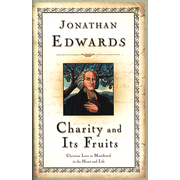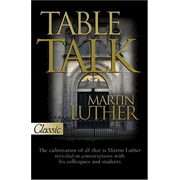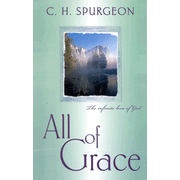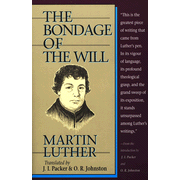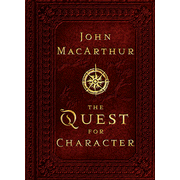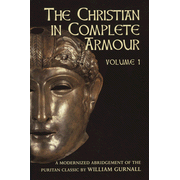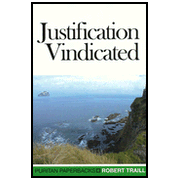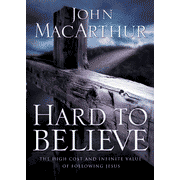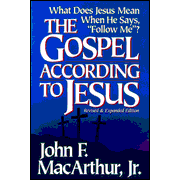Moreover, brethren, I declare unto you the gospel which I preached unto you, which also you have received, and in which you stand; By which also you are saved, if you keep in memory what I preached unto you, unless you have believed in vain. For I delivered unto you first of all that which I also received, how that Christ died for our sins according to the scriptures; And that he was buried, and that he rose again the third day according to the scriptures: And that he was seen of Cephas, then of the twelve: After that, he was seen of over five hundred brethren at once; of whom the greater part remain until now, but some are fallen asleep. After that, he was seen of James; then of all the apostles. And last of all he was seen of me also, as of one untimely born. For I am the least of the apostles, who am not fit to be called an apostle, because I persecuted the church of God. But by the grace of God I am what I am: and his grace which was bestowed upon me was not in vain; but I labored more abundantly than they all: yet not I, but the grace of God which was with me. Therefore whether it were I or they, so we preach, and so you believed. Now if Christ be preached that he rose from the dead, how say some among you that there is no resurrection of the dead? But if there be no resurrection of the dead, then is Christ not risen: And if Christ be not risen, then is our preaching vain, and your faith is also vain. Yea, and we are found false witnesses of God; because we have testified of God that he raised up Christ: whom he raised not up, if so be that the dead rise not. For if the dead rise not, then is not Christ raised: And if Christ be not raised, your faith is vain; you are yet in your sins. Then they also who are fallen asleep in Christ have perished. If in this life only we have hope in Christ, we are of all men most to be pitied. But now is Christ risen from the dead, and become the firstfruits of them that slept.
(1Co 15:1-20)






















